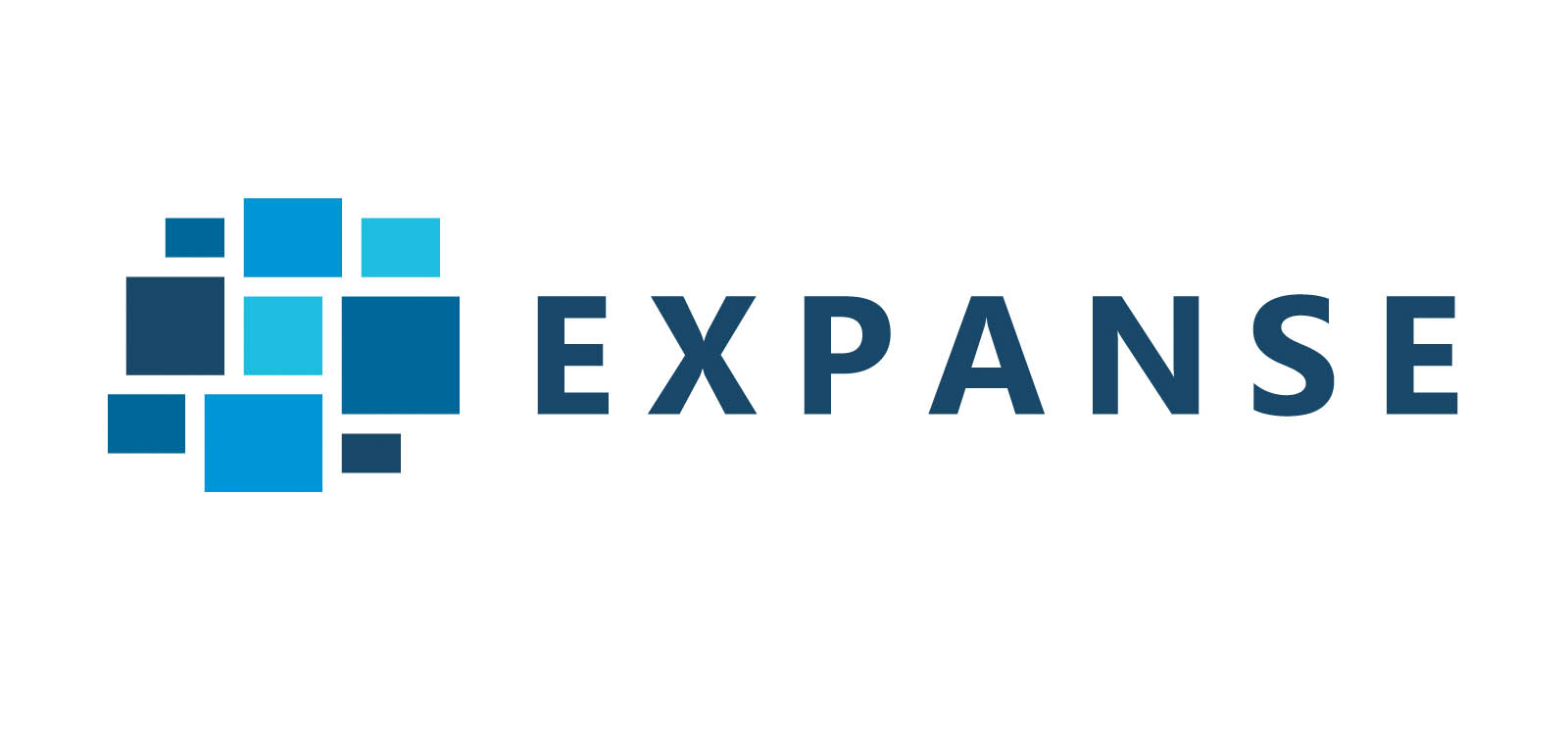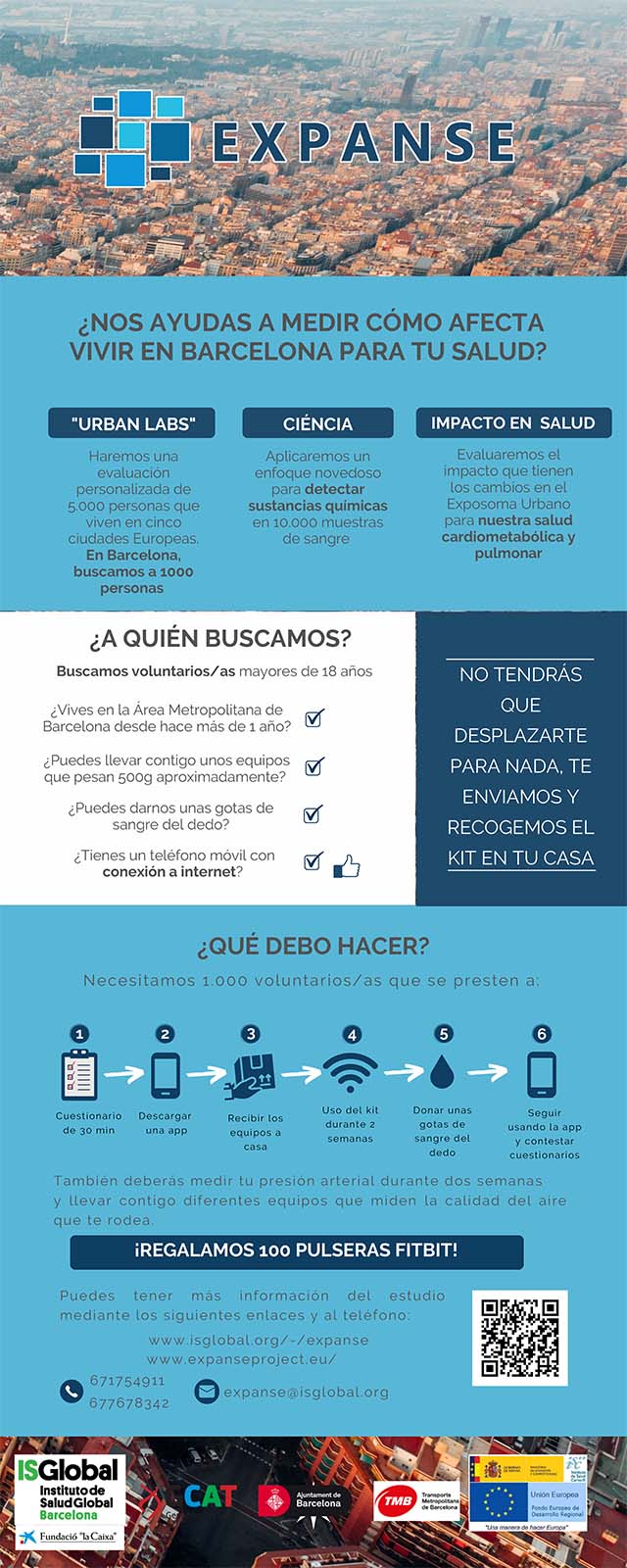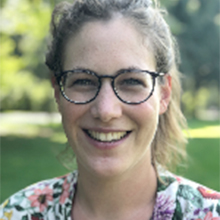- Duration
- 2020-2024
- Coordinator
- Roel Vermeulen, Utrecht University - Cathryn Tonne, ISGlobal (Principal Investigator, Work Package coordinator)
- Funded by
- H2020 - European Commission
- Website
- https://expanseproject.eu
By 2030 more than 80% of Europe’s population will live and interact with a complex urban environment, consisting of a mixture of social and environmental factors. These factors include: where we live and work, where and what we eat, our social network, and what chemical substances we are exposed to. Individually or collectively these factors, known as the Urban Exposome, have an often modifiable impact on our health and provide important targets to improve population health.
By studying the impact of the Urban Exposome on the major contributors to Europe’s burden of disease: Cardio-Metabolic and Pulmonary Disease, EXPANSE will address one of the most pertinent questions for urban planners, policy makers, and European citizens: “How to maximize one’s health in a modern urban environment?”.
EXPANSE will take the next step in Exposome research by:
- Bringing together the Exposome and health data of more than 55 million Europeans in administrative cohorts, in-depth Exposome, phenotype, and OMICs information for more than 2 million Europeans, and personalized Exposome assessment for 5,000 individuals living in five “Urban Labs”.
- Applying a novel approach to use ultra-high-resolution mass-spectrometry to agnostically screen for exogenous chemicals in 10,000 blood samples.
- Studying the evolution of the Exposome and health through the life-course via both (matured) birth and adult cohorts.
- Evaluating the impact of changes in the Urban Exposome on the burden of Cardio-Metabolic and Pulmonary Disease.
EXPANSE will translate its insights and innovations into research and dissemination tools that will be openly accessible via the EXPANSE toolbox. By applying innovative ethics-by-design throughout the project, the social and ethical acceptability of these tools will be safeguarded. Tool discoverability and accessibility will be stimulated through the EXPANSE hub in which citizens, public sector policy makers, and private sector companies collectively participate.
Total Funding
11 993 907,03 €
EXPANSE Urban Labs
The Expanse Urban Labs are designed to develop a personalized assessment of the Urban Exposome, to evaluate the impacts of residential relocation on the Urban Exposome, and to understand the Urban Exposome determinants of Happiness. Individual exposure to the Urban External Exposome and the effects thereof may vary depending on how they interact with, and perceive, their environment. Novel data on individuals’ activity and perception within temporal and geographical context collected in Urban Labs will contribute to better understanding how the physical-chemical, built, food, or social environmental features determine individuals’ behaviour and therefore change their Exposome, allowing more personalized CMPD risk prediction. This project helps us understand how to make our cities healthier places.
The Urban Labs are carried out in 5 areas in Europe: Utrecht (The Netherlands), Lodz (Poland), Athens (Greece), Basel (Switzerland) and Barcelona (Spain).
This study is funded by the European Union through the EXPANSE project and the Instituto de Salud Carlos III through the EXPLICA project.
You can participate!
We are currently looking for participants to join the Barcelona Urban Labs, which will study the Urban Exposome over the course of 1 year.
What do we ask of you?
- Visit our research website and fill in a questionnaire (30 min).
- Install an App on your smartphone designed specifically for this project and answer short questionnaires (ca 5 min) and occasionally bigger questionnaires (ca 30 min).
- Carry a GPS tracker for two weeks, which records your geographical position every second. It is a small, light device easy to carry in a pocket or a bag (ca 100 g, 8 x 8 x 2.5 cm).
- Answer the questions about your activities in the App during the two weeks you carry the GPS tracker.
- Carry a silicon wristband for two weeks, which absorbs chemicals you are exposed to.
- *Carry an air pollution tracker and keep another air pollution tracker at home for two weeks, which monitors particulate concentration in the air.
- *Carry an activity tracker for four weeks or longer, which records your physical activity, heart rate, step counts, amount of stairs walked up, sleep duration and sleep stage estimates.
- Collect your finger-prick blood samples.
- If you move within a year or belong to the randomly selected non-movers, we will ask you again to carry the GPS tracker and silicon wristband and collect blood samples after moving.
(* only for a randomly selected subset)
We will send all the devices by mail. You don’t need to visit our research center.
What do you get from us in return?
Once we finish the project successfully, you will learn your own Exposome – to what environmental factors and to which extent you are exposed. You will also learn the estimated health impacts of your Exposome and what can be changed to improve your Exposome. In addition, among the people who participate, 100 GARMIN activity bracelets will be raffled.
Are you eligible to participate?
- I am an adult (18 years old or older).
- I have lived in the Barcelona metropolitan area for at least one year.
- I understand English, Spanish, or Catalan.
- I have a smartphone.
- I have access to the internet.
- I am capable of installing and using smartphone applications.
- I have no difficulties in carrying tracking devices during my daily activities for two weeks.
Our Team
ISGlobal Principal Investigator
-
Cathryn Cecelia Tonne
ISGlobal Team
-
 Mark J Nieuwenhuijsen Research Professor, Scientific Director of the Severo Ochoa Programme, and Director of the Urban Planning, Environment and Health Initiative
Mark J Nieuwenhuijsen Research Professor, Scientific Director of the Severo Ochoa Programme, and Director of the Urban Planning, Environment and Health Initiative -
Payam Dadvand
-
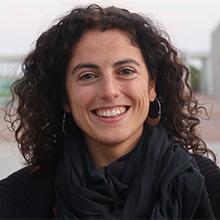 Cristina O'Callaghan Associated Researcher
Cristina O'Callaghan Associated Researcher -
 Antònia Valentín GIS Staff Scientist
Antònia Valentín GIS Staff Scientist -
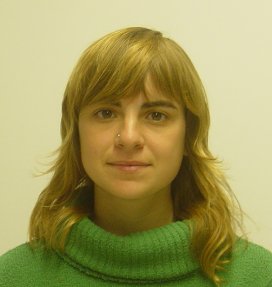 Marta Cirach Pradas GIS Technician
Marta Cirach Pradas GIS Technician -
 SERGIO BARAIBAR Field Technician
SERGIO BARAIBAR Field Technician


